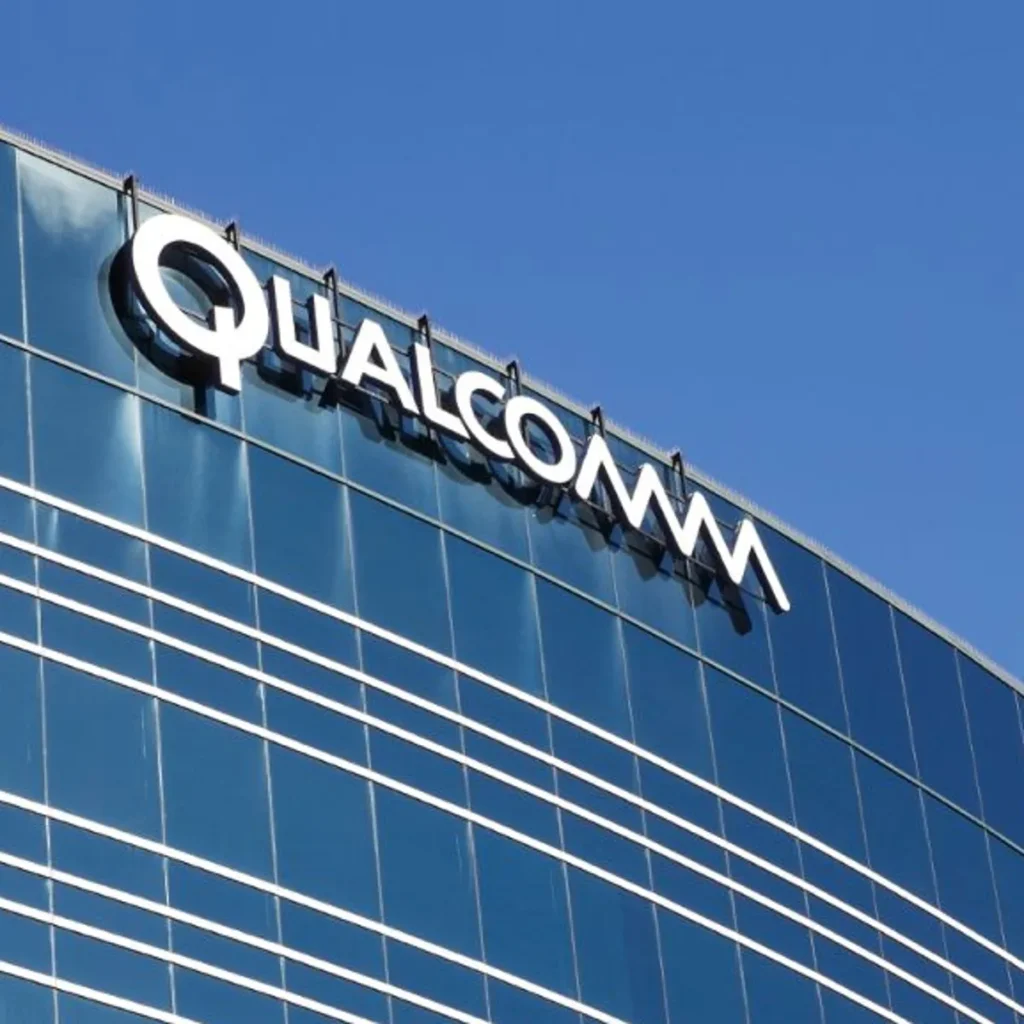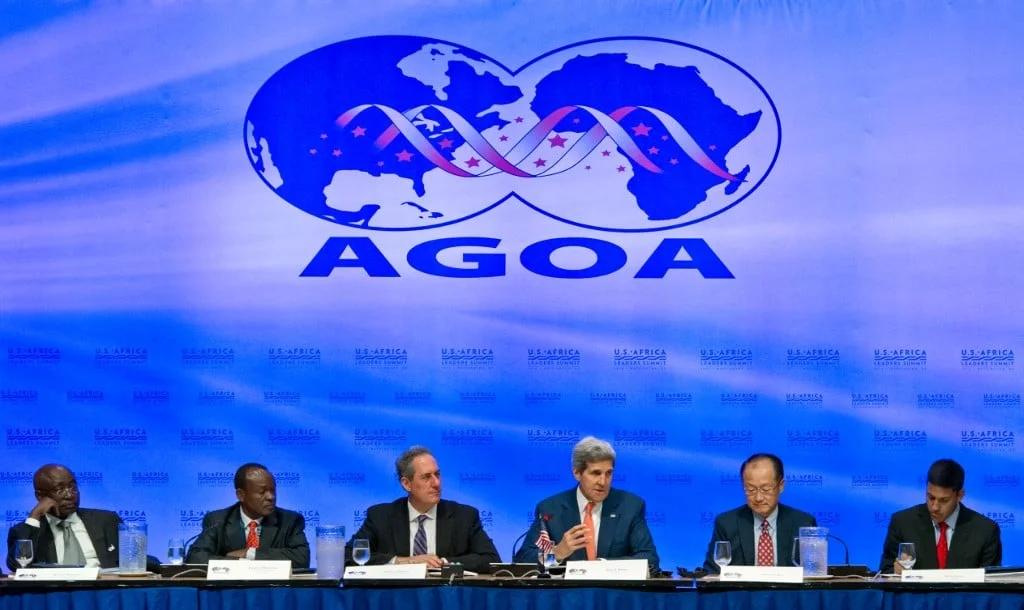Across Nigeria’s expanding business ecosystem, few institutions have maintained the evaluative integrity and intellectual depth of the Council for Business Innovation and Excellence (CBIE) Annual. While most platforms reward polished narratives and catchy presentations, CBIE remains committed to something far more enduring, the discipline of measurable innovation and structural thinking.
This year’s gathering of CBIE judges and participants underscored a growing consensus across Africa’s enterprise space: the continent doesn’t only need more businesses; it needs better built ones. The focus was less on storytelling and more on system logic, assessing whether companies could hold under pressure, manage risk, and maintain coherence as they scaled. At CBIE, aesthetics take a backseat to accountability.
Every business evaluated was approached not as a pitch, but as a blueprint. Founders weren’t asked to excite the room; they were asked to explain their logic. What is your operational rhythm? Where are the points of failure within your system? Can your internal structure sustain expansion, or is it engineered for collapse under volume? These were the kinds of questions that filled the review sessions.
Unlike events that glorify performance, CBIE’s review process is clinical in its precision. Each venture is examined through a lens that measures not potential, but preparedness. Judges interrogate alignment between mission and model, ensuring that a company’s vision is matched by its capacity to deliver. Does its financial design reflect operational reality? Are its growth plans rooted in evidence or assumption? The exercise is designed to reveal truth, not trends.
The review framework itself is sharp and methodical, built around five pillars: leadership integrity, operational clarity, scalability logic, market adaptability, and risk readiness. These pillars create a balanced scoring system that prioritizes endurance over excitement. CBIE’s objective is simple, to identify enterprises capable of surviving transition, not just enjoying temporary traction.
Beyond scoring, the sessions double as a rare opportunity for founders to receive actionable feedback from professionals who understand complexity at scale. These conversations, often away from the main stage are where the most valuable insights emerge. Founders leave with sharpened strategies, refined business logic, and a clearer sense of what true readiness means.
Prominent figures like Onyedika Anyamele, Hauwa Olorunfemi, Tunde Adeyemi, Ebele Okonjo, Kwame Mensah, Chidi Odigwe, and Fatima Suleiman lent credibility to the process through years of proven leadership in designing, auditing, and sustaining large-scale organizational systems. Their combined expertise gave this year’s review the precision and balance CBIE is known for one that blends pragmatism with insight.
Each panelist came not to judge style, but to test structure. At CBIE, readiness is never measured by how impressive a founder sounds, but by how resilient their model is when stripped of performance. The event remains a reminder that in a continent still building its institutional backbone, the future will belong to those who master the quiet discipline of operational logic not those who simply master the pitch.











